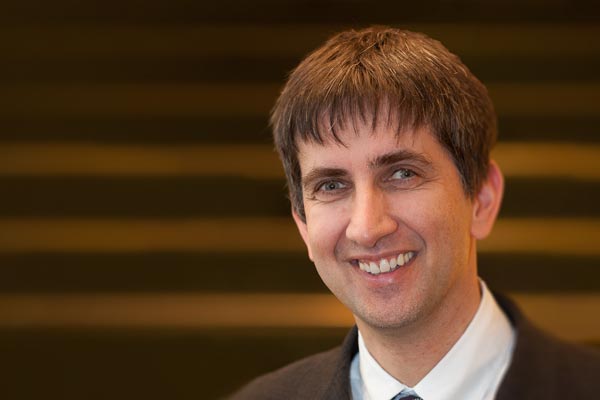Access to pi-enhanced carbazoles and their application
Henrik Habeck – Hector Fellow A. Stephen K. Hashmi
π‑Extended carbazoles exhibit intriguing electronic and optical properties that make them attractive for diverse applications such as OLEDs, OFETs, and solar cells. In this project, new methods for the synthesis of these N‑heterocycles will be explored and their application as organic materials will be intensively investigated.
In this project, the newly discovered Lewis acid-catalyzed reaction of naphthyl sulfilimines to dibenzocarbazoles will be further investigated. The goal is to elucidate the reaction mechanism in detail by using various analytical methods and theoretical studies. In addition, the newly discovered reaction will be extended to larger acenes such as anthracene or phenanthrene.
Using phenanthrene sulfilimines, aza-[7]-helicenes are formed, which exhibit interesting optical properties due to their structure. The use of anthracene and naphthyl sulfilimines gives π‑expanded carbazoles. These compounds also show interesting electronic and optical properties. Similar carbazoles have already been successfully used as materials for OLEDs, OFETs, and solar cells in organic electronics. The synthesized carbazoles are being studied in detail for their suitability as organic semiconductor materials.
Another promising application of carbazoles is in the synthesis of porphyrins with a π‑extended carbazole backbone. These particular porphyrins are characterized by their large conjugated π‑system and exhibit intense absorption in the near-infrared region. This property opens up potential applications in solar cells as well as in medicine, especially in photodynamic therapy.
Lewis acid catalyzed access to π‑extended carbazoles

Henrik Habeck
Heidelberg UniversitySupervised by

A. Stephen K. Hashmi
ChemistryHector Fellow since 2010


